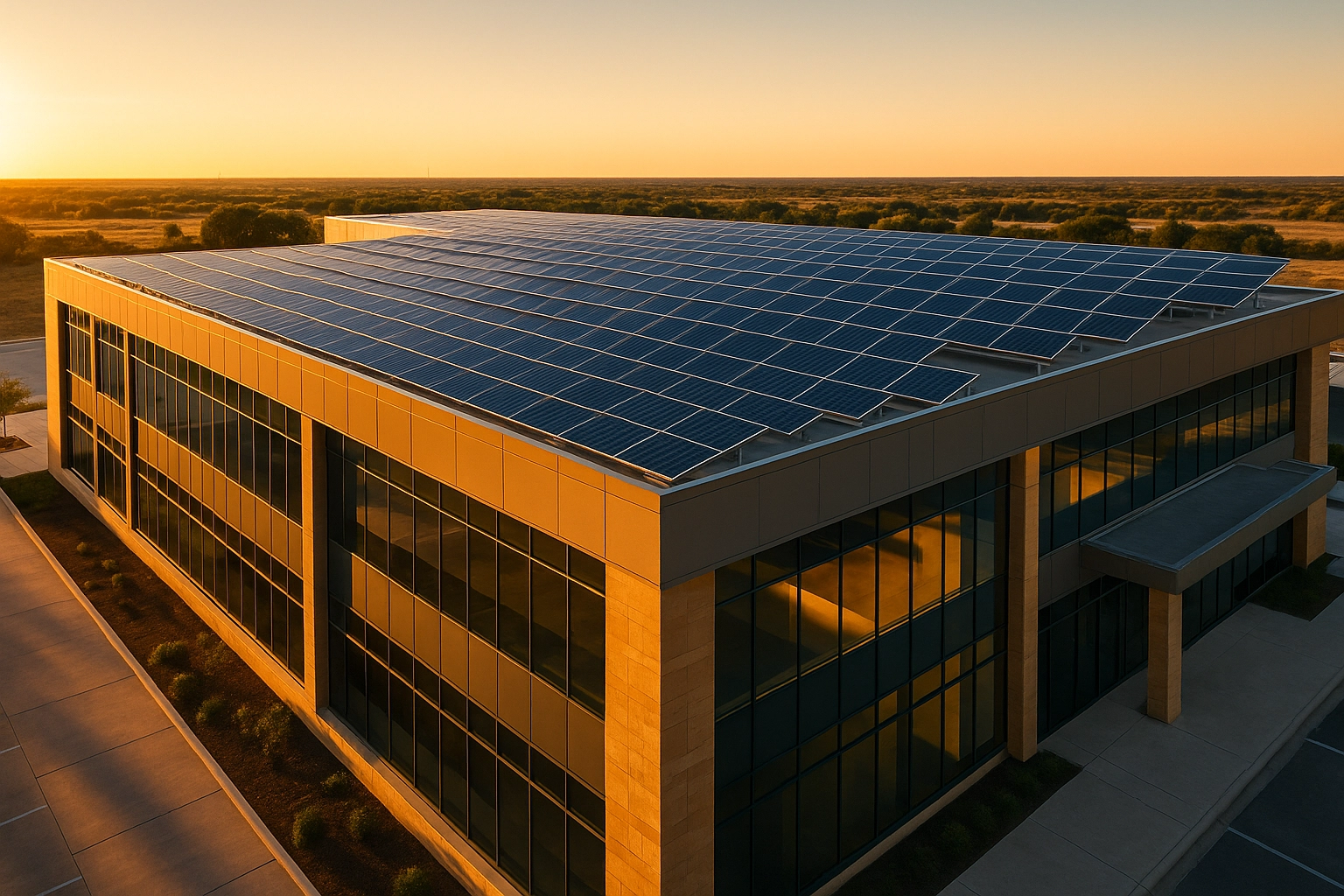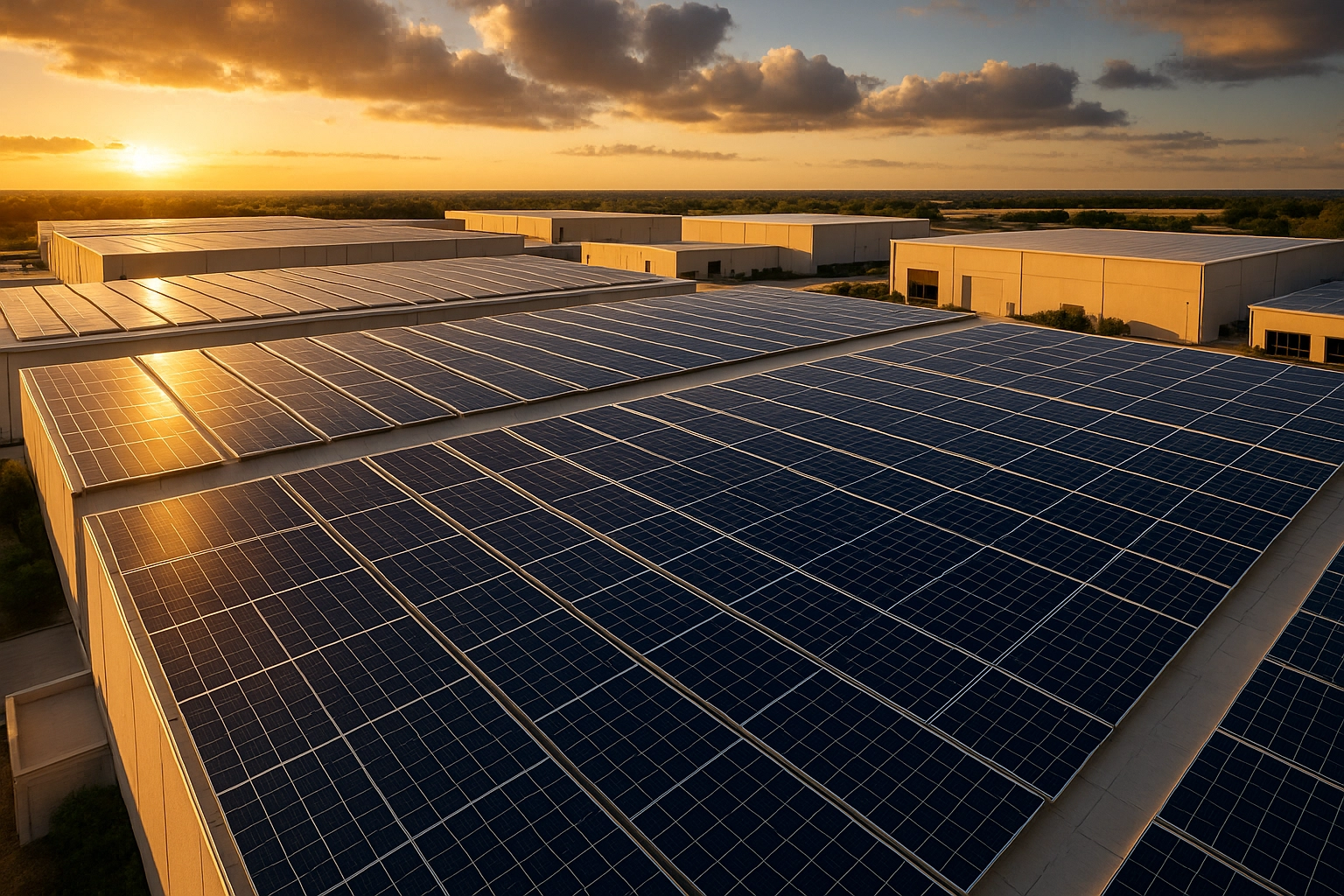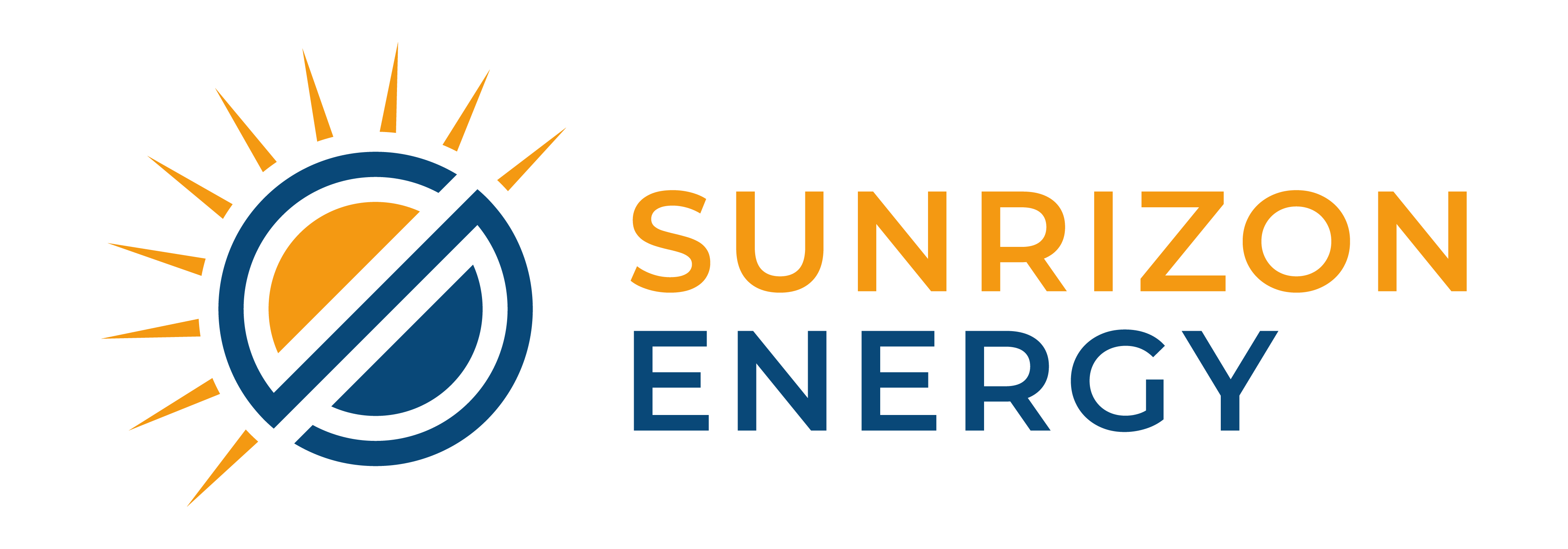Texas businesses are sitting on a goldmine opportunity to dramatically reduce operating costs while securing energy independence. With the Lone Star State's abundant sunshine, competitive electricity market, and favorable business climate, commercial solar installations have become one of the most effective strategies for slashing long-term operational expenses.
The combination of federal incentives, state-specific programs, and Texas's year-round solar potential creates an exceptionally favorable environment for businesses to achieve substantial cost reductions. Smart business owners across Texas are already capitalizing on these advantages to transform their energy expenses from a growing liability into a competitive advantage.
Immediate Energy Cost Reductions That Impact Your Bottom Line
Commercial solar installations deliver immediate and significant reductions in electricity bills by allowing your business to generate its own power rather than relying entirely on grid electricity. Texas businesses can expect to see dramatic decreases in monthly energy expenses as soon as their solar systems become operational.
The energy cost reduction becomes particularly impactful given Texas's competitive electricity market and rising utility rates. Manufacturing facilities and large commercial operations typically see the most dramatic results from solar installations.
Consider this real-world example: A 500kW solar system installed by a Houston manufacturing facility can reduce annual energy expenses by $50,000 to $100,000, depending on current electricity rates. Over the 25-year lifespan of the system, this translates to potentially $2.5 million in total savings: far exceeding the initial investment.

Maximize Federal Tax Benefits and Incentives
The Federal Investment Tax Credit (ITC) offers businesses a substantial 30% deduction on the total cost of solar installation from their federal taxes. This incentive alone can reduce your upfront investment by nearly one-third, making solar installations significantly more accessible for businesses of all sizes.
Recent changes through the Inflation Reduction Act of 2022 have simplified the tax credit process, particularly benefiting non-profit, public, and charitable entities through Direct Pay options or simplified tax credit transfers. This expanded accessibility means more Texas businesses can now take advantage of these substantial savings.
Beyond federal incentives, Texas businesses benefit from property tax exemptions on the added value that solar installations bring to commercial properties. This exemption helps reduce the overall cost burden and improves the long-term financial benefits of solar adoption.
You can learn more about current tax credit changes and their implications for your business at our detailed guide on solar tax credit updates.
Utility Rebates and Net Metering Create Additional Revenue Streams
Many Texas electric utilities provide direct rebates to commercial customers who install solar systems, typically offered as upfront cash rebates or accelerated bill credits. These utility-specific programs help businesses achieve quicker payback periods on their solar investments.
Net metering programs allow your business to sell excess solar energy back to utility companies at rates typically equivalent to standard energy consumption rates. This creates an additional revenue stream that accelerates your return on investment and can even result in negative electricity bills during high-production periods.
The Texas Solar Panel Rebate Program provides additional cost relief through local utilities, offering percentage-based cash rebates on installation costs. For example, a 10% rebate on a $200,000 system installation could save your business $20,000 in direct costs.
Understanding net metering becomes crucial for maximizing these financial benefits and ensuring you capture the full value of your solar investment.

Flexible Financing Options Reduce Upfront Investment
Commercial solar systems typically cost between $1.50 to $3 per watt, meaning a 250kW system ranges from $375,000 to $750,000. While this represents a significant capital investment, you have multiple financing options to reduce or spread out costs.
Power Purchase Agreements (PPAs) and solar loans enable businesses to install solar systems with little to no upfront costs. However, businesses that choose to own their systems outright benefit most significantly over time, as they capture the full value of energy production and tax benefits.
Consider these financing approaches:
- Direct Purchase: Provides maximum long-term savings and full tax benefit capture
- Solar Loans: Spread costs over time while maintaining system ownership
- Power Purchase Agreements: Minimal upfront costs with contracted energy rates
- Lease Options: Lower initial investment with predictable monthly payments
Your financing choice should align with your cash flow preferences, tax situation, and long-term business strategy.
Long-Term Financial Stability and Predictable Energy Costs
One of the most valuable aspects of commercial solar is price stability over 25+ years of operation. While utility costs fluctuate due to fuel prices and demand spikes, solar provides locked-in energy rates that protect your business from unexpected electricity cost increases.
This predictability becomes particularly valuable for CFOs and finance teams who need to forecast operating expenses accurately. Solar systems typically achieve payback within 5-8 years, after which businesses enjoy nearly free electricity for the remaining 15-20 years of system life.
Maintenance costs remain minimal throughout the system's lifespan, with most installations requiring only basic upkeep while maintaining warranties that ensure decades of reliable operation. Unlike traditional energy costs that continue rising, solar costs decrease over time, eventually reaching net-zero energy expenses once the system pays for itself.

Texas-Specific Advantages for Commercial Solar
Texas offers unique advantages that make commercial solar particularly attractive:
Abundant Sunshine: Texas receives some of the highest solar irradiance levels in the United States, maximizing energy production potential year-round.
Competitive Electricity Market: The deregulated Texas electricity market means businesses can better control energy costs and take advantage of net metering opportunities.
Business-Friendly Climate: Texas's pro-business environment includes favorable policies for renewable energy adoption and minimal regulatory barriers.
Grid Stability Benefits: Commercial solar installations help reduce strain on the Texas grid during peak demand periods, potentially qualifying for additional utility incentives.
Calculate Your Potential Savings
To estimate your business's potential savings from commercial solar, consider these key factors:
- Current monthly electricity usage and costs
- Available roof space or land for installation
- Local utility rates and net metering policies
- Your business's tax situation and ability to utilize credits
- Long-term energy cost projections
Most Texas businesses see returns on investment within 5-8 years, with total lifetime savings often exceeding 300-400% of the initial investment. The exact savings depend on your specific energy usage patterns, local utility rates, and system size.
Take Action Before Incentives Change
Federal tax incentives for commercial solar remain at 30% through 2032, but policy changes can occur. Acting now ensures you capture the full value of current incentive programs while locking in predictable energy costs for decades.
Our experts recommend conducting a comprehensive energy audit and solar feasibility study to understand your specific savings potential. This analysis considers your business's unique energy patterns, facility characteristics, and financial goals to develop a customized solar strategy.
The combination of immediate cost reductions, substantial tax incentives, utility rebates, and decades of predictable energy costs makes commercial solar an increasingly compelling strategy for Texas businesses seeking to optimize their operating expenses while gaining energy independence.
Smart business owners recognize that commercial solar represents more than just an environmental choice: it's a strategic financial decision that strengthens their competitive position while reducing operational vulnerability to rising energy costs. The question isn't whether commercial solar makes financial sense for Texas businesses, but rather how quickly you can implement this cost-saving strategy to benefit your bottom line.
